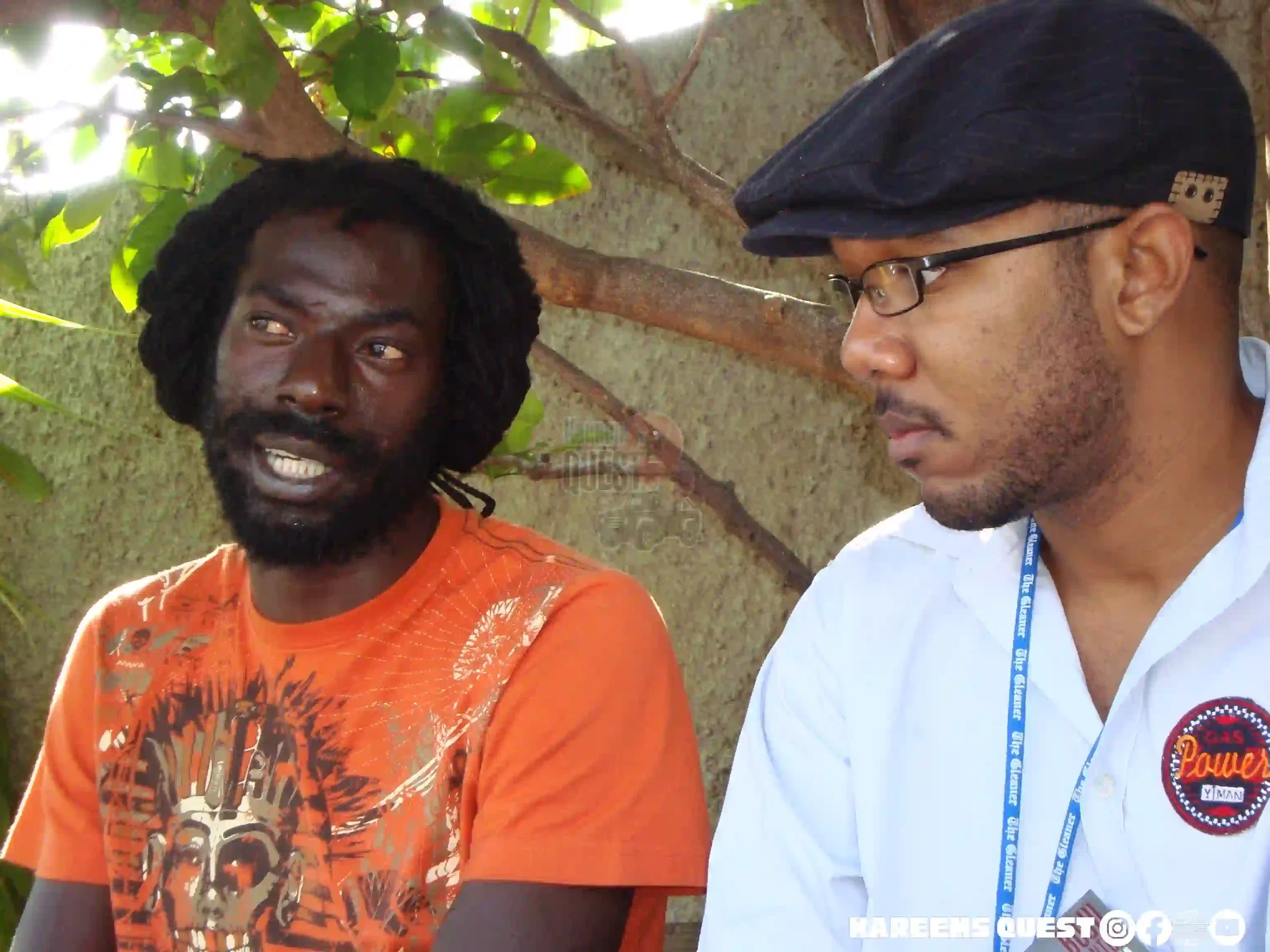Written By Kareem LaTouche
Buju was always an artiste I wanted to interview for KareemsQuest.com, and I tried several times, but he was customarily hard to pin down. However, after the release of his long-awaited dancehall album Too Bad, in 2006, he seemed to be more open to doing interviews. Plus his PR person, at the time, Tracii McGregor, was someone I knew for years, and she was internationally respected throughout the entertainment community. Her key contributions to the now defunct Source magazine, which was dubbed the holy grail of hip hop, cemented her as a respectable figure in the industry.
That being said, we were on the phone back and forth for weeks, trying to set an interview date for KareemsQuest.com. Still riding high on the success of Too Bad, Buju decided to switch things up in 2009 with the launch of his reggae album Rasta Got Soul. The 15-track album featured the soothing lead single Magic City, an optimistic view on mankind with a rhetoric of hope and perseverance.
When we finally agreed on a date for the interview, McGregor said that I should come to Buju’s Gargamel studio at 10 a.m. sharp. As I walked through the large metal gate, she greeted me with a hug and small talk, while indicating that he wasn’t there as yet but was on his way. After 45 minutes, he entered in a pick-up, and went to the back of the studio to hail some of his friends. It was clear that he was in a reflective and somber mood as his mother had passed a few weeks before our interview.
Video of the Week
After another 45 minutes, he acknowledged me in his raspy and gravel voice, saying, “Brown man, ah you dem bring fi interview me?” I laughed and said ‘yes’. Not wanting to ruin the moment, I allowed the conversation to flow casually before taking out my recorder.
TRAPPED IN EUPHORIA
Having so many questions to ask him, I started talking about his conversion to Rastafarianism in the early ’90s – a decision that saw a 22-year-old Banton give up his position as the successor to Shabba Ranks, as dancehall’s top deejay.

“In ’93 I did a show in Europe, and what I saw that night on that show made me realise that what I was doing wasn’t music. I realised that I was trapped in euphoria. It was only a fad. The songs I did at that time only brought comfort and joy for the moment, and I wanted more than that,” Buju told KareemsQuest.com.
Coincidentally, this introspective mindset happened during a period in which two of his dancehall fraternity members, Pan head and Dirtsman, were murdered. It was clear that he had reached a point where he was questioning his spirituality, and by extension, the substance of his music.
“The level of material that Burning Spear and especially Bim Sherman delivered had me shaking in my boots. When I went on as the only dancehall act for the night, I got a heart-warming feeling from the masses, but I did not like it. I wasn’t comfortable with it,” a reminiscent Buju stated to KareemsQuest.com.
Using his musical stethoscope, he realised that his heart, as well as the nations’, needed healing, and his music began to reflect his new outlook.
“After I came back [from touring in 1993], I told Donovan Germain I wanted to make music. He [Germain] said all right. That’s when I said It’s Not An Easy Road and Small Axe fall big tree. I had to set things properly, so I started to make music to soothe the other people I was introduced to, [and those] who are also fans of mine. I became very diverse.” said Buju to KareemsQuest.com.
Those songs laid the foundation for his magnum opus, released in 1995, Til Shiloh, which included hits such as Murderer, Til I’m Laid to Rest , and Untold Stories, the latter being a synergistic continuation of sorts to Bob Marley’s Redemption Song, which summarises our journey from Africa, leading up to the Cold War in the 1970s.
Buju is currently on his 14th studio album, Born For Greatness, which includes 17 tracks and is available through Gargamel Music, Roc Nation Records and Def Jam Recordings.



